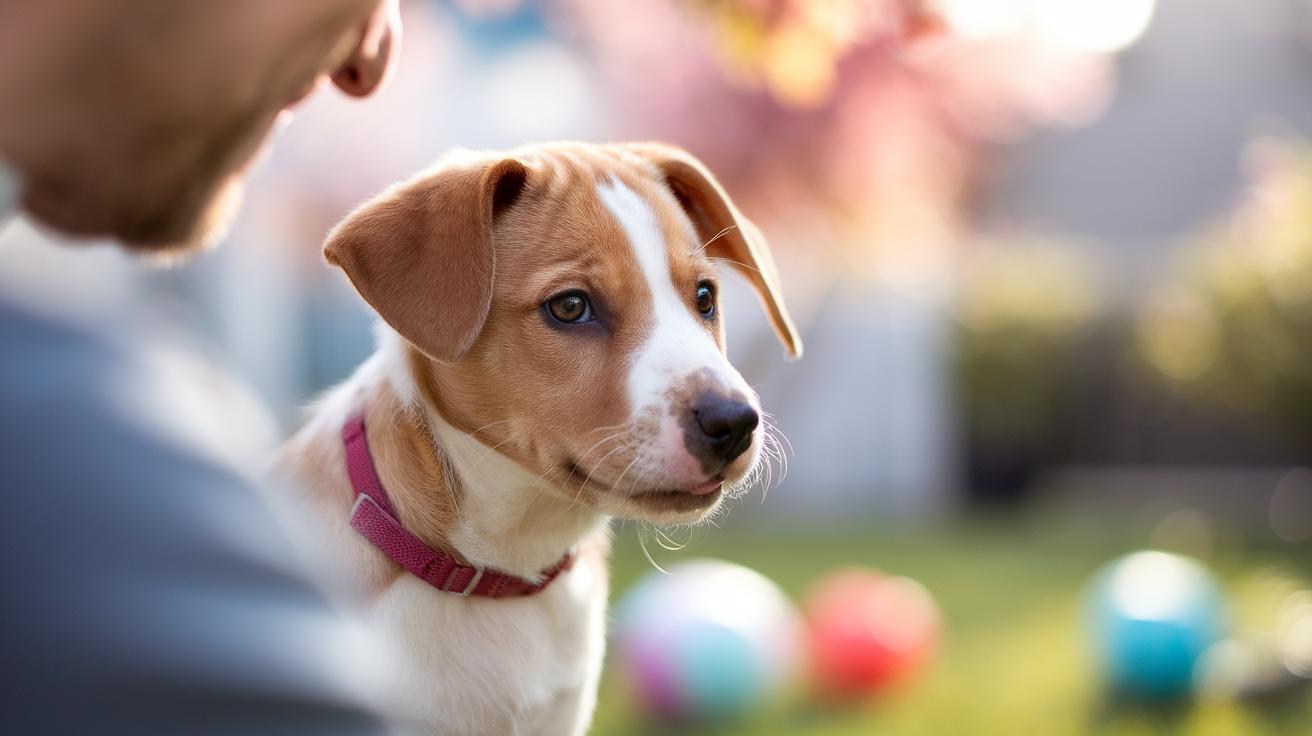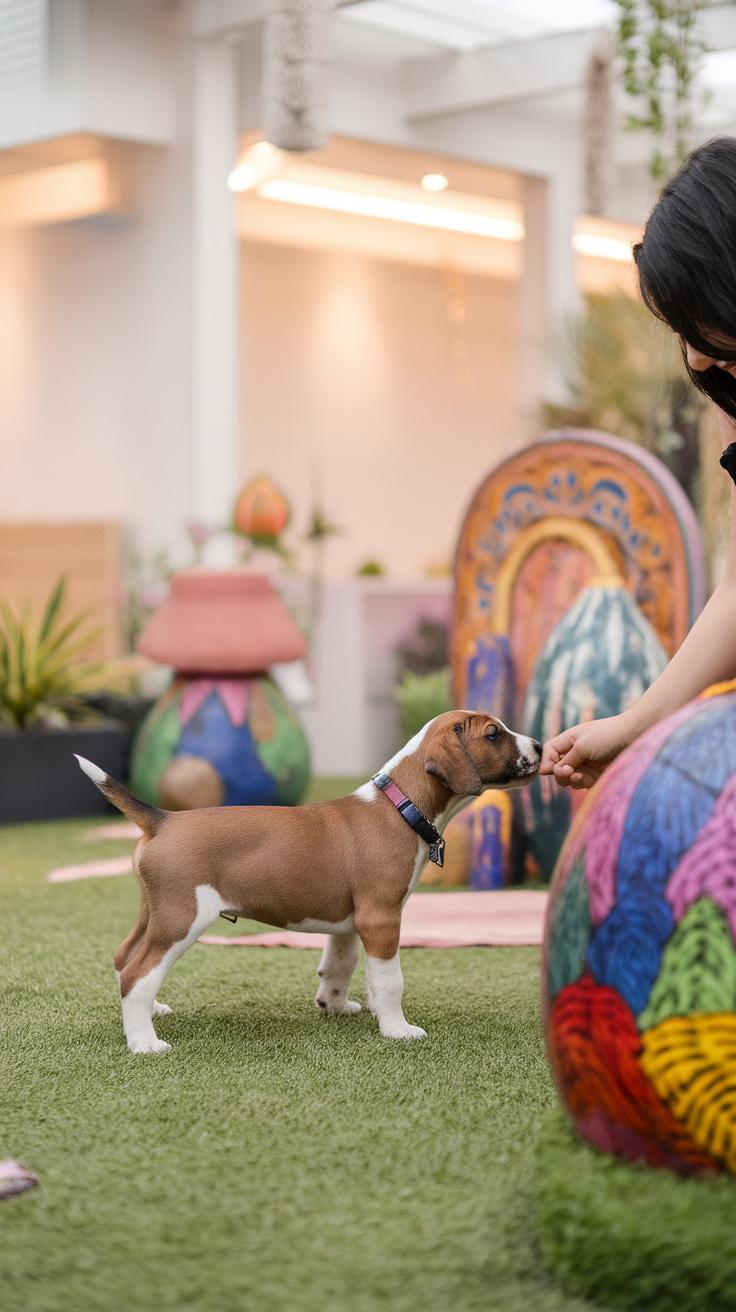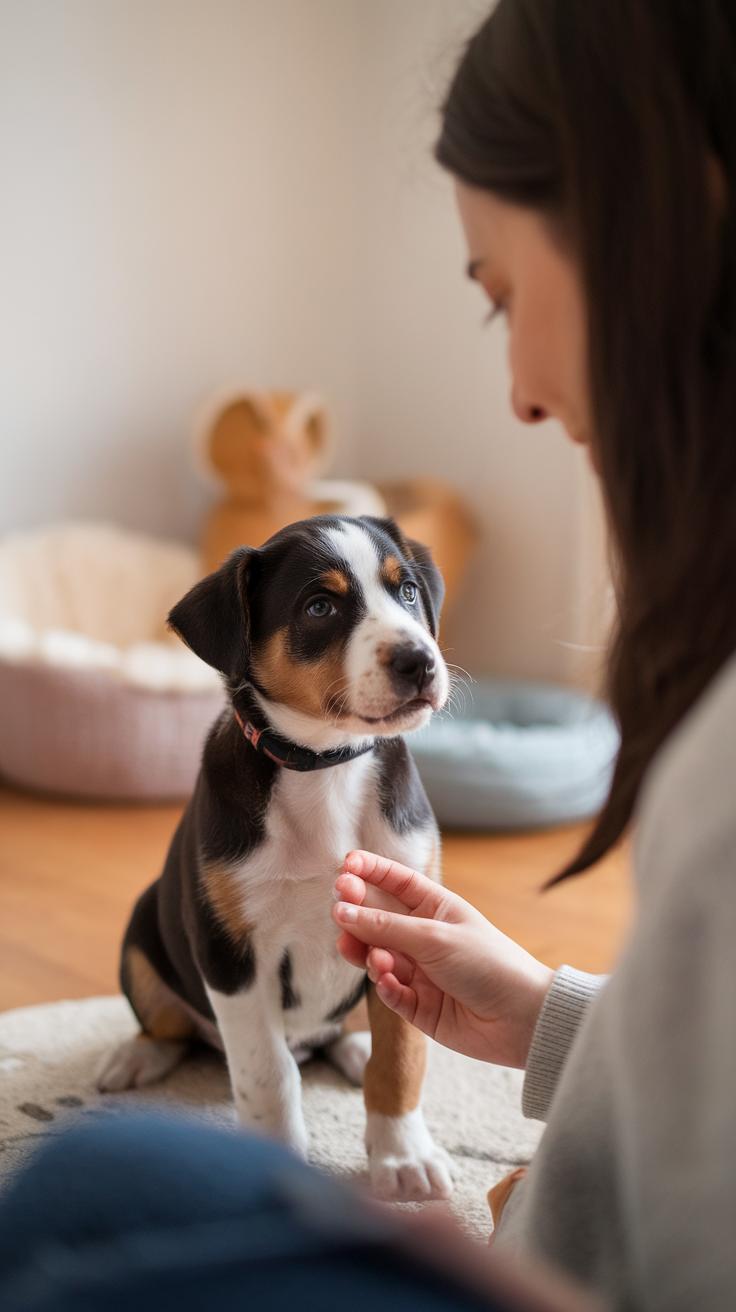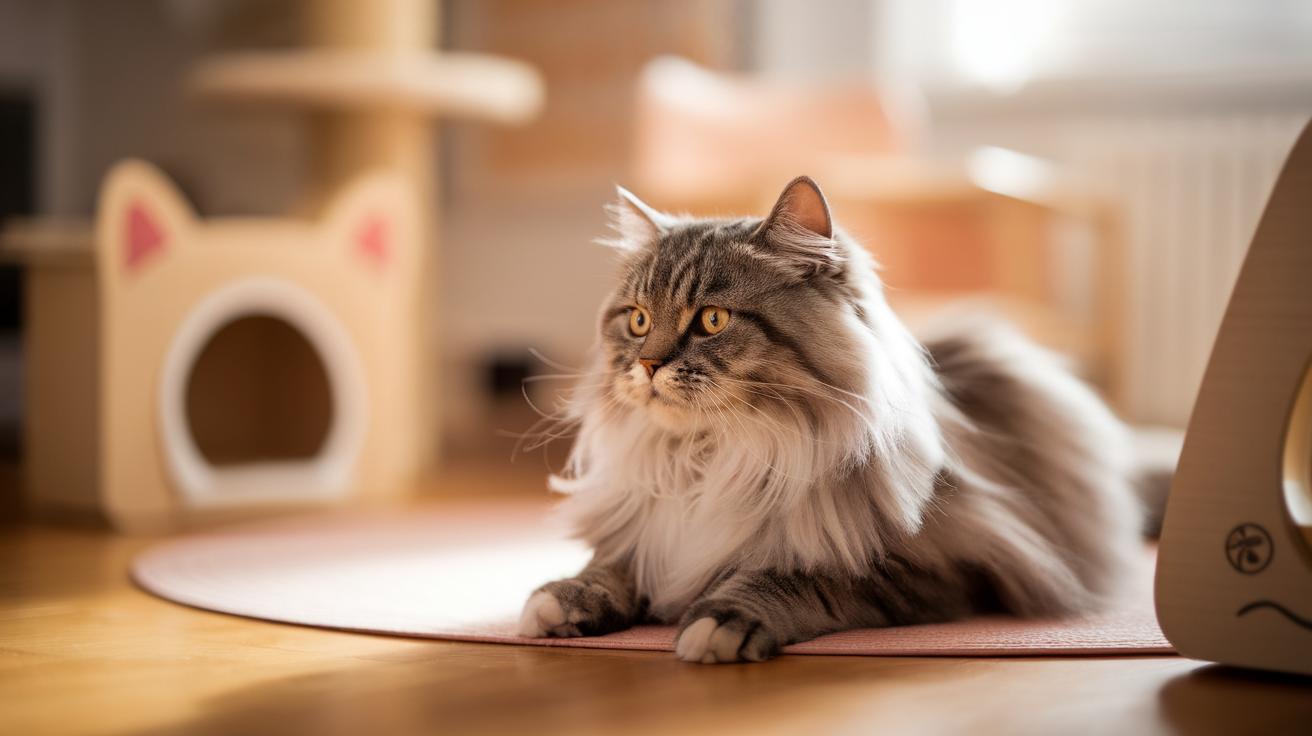Introduction
Puppy love is a term often used to describe the innocent, youthful infatuations commonly experienced during childhood and early adolescence. This phenomenon encapsulates the myriad emotions tied to the first stirrings of romantic feelings, often characterized by fleeting yet intense crushes. As adolescents navigate these new emotional territories, they experience both joy and confusion, learning about affection and attachment in a pivotal phase of their development. Understanding puppy love not only illuminates its characteristics but also acknowledges its importance in the context of emotional growth.
Through the lens of puppy love, we can observe how these teenage crushes lay the groundwork for future relationships. Often fueled by hormones and the need for acceptance, these innocent fascinations provide a glimpse into the complexities of human connections. The experience of puppy love can transform their view of relationships, marking the beginning of a journey toward mature romantic engagement. This article will delve into the various aspects of puppy love, its psychological underpinnings, and its significance in the lives of youngsters.
Understanding Puppy Love
Puppy love refers to the intense, often idealized feelings of affection that arise during adolescence, typically characterized by infatuation rather than a deep emotional connection. This phenomenon often occurs in early teenage years and is marked by an innocent yet fervent desire for another person. Psychological studies suggest that puppy love is closely associated with the developmental phase of adolescents, where they navigate their identities and emotional experiences. The emotional intensity involved often eclipses rational thinking, leading to behavior that may seem exaggerated to adults. Common emotions in puppy love include excitement, nervousness, and even heartbreak, highlighting the emotional ups and downs integral to this early romantic stage.
Characteristics of Puppy Love
Typical characteristics of puppy love are noted for their fervor and transience. Often described as intense, these feelings can dominate an adolescent’s thoughts and actions, leading to daydreaming and emotional highs. The duration of puppy love is usually brief, often lasting only a few months, yet within this time, the emotional rollercoaster can feel overwhelming. Typical behaviors associated with puppy love include excessive texting, frequent daydreaming about the crush, and a strong desire for approval from peers. Such behaviors reveal how deeply entwined emotions of excitement and insecurity can shape the experience. While puppy love may seem trivial to outsiders, its emotional significance is profound in shaping young individuals’ understandings of relationships and emotional bonds.
Characteristics of Puppy Love
Intensity, Duration, and Behavior Patterns
Puppy love is characterized by its intense emotions and fervent attachment witnessed among adolescents. This infatuation often manifests as an overwhelming excitement that can make even the simplest interactions feel monumental. Young couples may exhibit signs of eagerness to communicate, whether through text messages or in-person encounters, as the idea of love becomes a captivating adventure to explore.
The duration of puppy love is typically short-lived, often ranging from a few weeks to several months. Unlike mature relationships, these feelings are frequently based on idealization rather than full understanding of the other person. Common behaviors include concerted efforts to impress, secretive glances, and an almost magnetic pull towards one another. Although playful, such attractions can instill deep feelings, signifying the essence of youthful affection that deserves celebration.
The Role of Hormones Understanding Adolescent Puppy Love
The Impact of Hormonal Changes on Young Affection
Puppy love is deeply intertwined with the storm of adolescent hormones. As teenagers undergo significant physical and emotional transformations, the surge of hormones like estrogen and testosterone plays a pivotal role in shaping their romantic experiences. These chemicals not only amplify feelings of attraction but also intensify emotional responses. During this developmental phase, budding identities are often influenced by the euphoric highs of infatuation and the subsequent lows of heartbreak. Physical changes, such as increased sensitivity and heightened awareness of social cues, can make young love feel overwhelmingly enchanting. This hormonal cocktail fosters a unique environment for connection, facilitating intense emotional experiences that are often idealized in the minds of adolescents.
The Influence of Emotional Shifts
The complexities of puppy love can be further understood through the lens of emotional shifts driven by hormonal fluctuations. As adolescents navigate feelings of joy, anxiety, and vulnerability, these emotions can significantly impact their relationships. The interplay between the brain’s reward system and the release of oxytocin, often dubbed the “love hormone,” enhances bonding with crushes and partners. Those feelings are often accompanied by uncertainty and anxiety, marking the rollercoaster of young love. Understanding these hormonal influences allows for a deeper appreciation of the passionate yet tumultuous nature of puppy love, reflecting the vibrant and transformative journey of adolescence.
Cultural Perspectives on Puppy Love
Adolescent Affection Across Cultures
Puppy love, often characterized by its intense yet fleeting nature, varies significantly across cultural landscapes. In many Western cultures, youthful romantic relationships are embraced as a vital part of growing up. Parents and mentors may encourage these early forays into affection as essential learning experiences. Conversely, in certain traditional societies, such attachments might be seen as distractions from academic or familial obligations, leading to a more guarded approach towards adolescent romances.
The Influence of Rituals and Norms
Cultural rituals and norms shape how young people experience and express puppy love. In some communities, formal courtship practices guide youthful relationships, providing structure and expectations. These traditions often involve parental approval and community involvement, which can either enrich the romantic experience or impose restrictions. Such differences highlight the intricate dance between individual emotions and communal values, emphasizing how cultural attitudes towards puppy love can profoundly influence the pathways of young hearts.
Puppy Love Versus Mature Love
Distinctions between Puppy Love and Mature Affection
Puppy love, often characterized by intense infatuation and emotional highs, stands in contrast to more mature forms of love that develop over time. Young lovers may experience overwhelming feelings of excitement, often fueled by a desire for attention and validation. This type of love tends to be more self-centered, centered around personal experiences and feelings. In contrast, mature love is marked by deep understanding, mutual respect, and a willingness to compromise. Partners in mature relationships prioritize each other’s needs, demonstrating genuine affection and commitment beyond transient feelings.
Similarities that Connect Puppy Love and Mature Love
Despite their differences, puppy love and mature love share some commonalities. At their core, both experiences involve deep emotional connections, often encompassing joy, passion, and a sense of belonging. During the initial stages of romantic involvement, young individuals can find themselves enchanted by the thrill of attraction, laying the groundwork for more profound experiences in the future. Over time, these feelings can evolve into a more resilient form of affection, enriched by experiences and mutual growth. Both types of love underscore the universal human desire for connection, regardless of age or maturity level.
Puppy Love in Modern Society
The Media’s Role in Shaping Young Hearts
The portrayal of puppy love in contemporary media significantly influences young people’s understanding of affection. Films, television shows, and social media often cast puppy love in a rosy light, depicting it as an exhilarating and sometimes all-consuming experience. This dramatization can glamorize the ups and downs of teenage crushes, reinforcing the notion that such emotions are essential milestones on the path to adulthood. Trends in popular culture, including viral challenges and heartwarming memes, often romanticize fleeting relationships, leading adolescents to expect idealized experiences.
Impact on Perceptions of Love
The relentless exposure to these representations can inadvertently distort young people’s perceptions of what love truly entails. Many may equate infatuation with genuine affection, possibly overlooking the deeper connection that sustains mature relationships. With the expectation of excitement and passion prevalent in media narratives, adolescents may struggle to understand the importance of communication, trust, and empathy, which are crucial components of lasting love. As puppy love continues to evolve within modern society, it’s vital for young people to discern between the thrilling allure of infatuation and the profound essence of authentic relationships.
Overcoming Challenges in Puppy Love
Common Challenges in Adolescent Affection
Puppy love, while often seen as innocent and delightful, also presents a variety of challenges for young people. Miscommunications can occur due to inexperience in expressing feelings, leading to misunderstandings between partners. Peer pressure and societal expectations may further complicate these tender emotions, prompting individuals to question their own feelings or the validity of their relationships. Jealousy can also arise, fueled by insecurities or comparison with others, creating tension that may threaten the bond. Conflict resolution skills are still developing in adolescence, making it difficult to navigate disagreements constructively.
Strategies for Overcoming Obstacles
There are effective strategies to address these challenges. Open communication is paramount; encouraging discussions about feelings and insecurities can help partners better understand one another. Establishing trust and mutual respect is also vital, creating a safe space for both individuals to express their thoughts without fear of judgment. Practicing empathy can aid in viewing situations from the partner’s perspective, reducing misunderstandings. Engaging in activities together can strengthen their connection, allowing them to build shared experiences. Additionally, seeking guidance from trusted adults or mentors can provide valuable insights, helping young lovers navigate the complexities of their emotions with more confidence.
The Importance of Puppy Love
Emotional Growth Through Puppy Love
Puppy love serves as a vital component in emotional development during adolescence. Through these early romantic experiences, individuals learn to navigate complex feelings such as infatuation, jealousy, and longing. Engaging in puppy love provides an opportunity for young people to practice empathy, communication, and vulnerability. These experiences create a foundational understanding of emotional intimacy that often shapes future relationships. The innocent joy associated with puppy love can enhance self-esteem, leading to a deeper appreciation for one’s worth and the importance of connection with others.
Social Development and Relationship Skills
In social contexts, puppy love fosters crucial interpersonal skills. Young individuals learn how to establish and maintain connections with peers, honing their ability to collaborate and resolve conflicts. Such experiences encourage a sense of belonging and community, reinforcing social identity during formative years. The playful nature of puppy love often creates shared memories and common ground, establishing strong bonds that can last a lifetime. This initial exploration of affection not only cultivates friendship but also enriches the social fabric through mutual understanding and respect among individuals.
Celebrating Puppy Love The Cultural Significance of Young Affection
Recognizing the Innocence and Joy
In every corner of society, puppy love stands as a testament to the purity and excitement of first crushes. Celebrating this unique phase allows individuals to reminisce about their early experiences filled with hopeful glances and butterflies in the stomach. The innocence inherent in puppy love often fosters creativity, prompting artistic expressions, from heartfelt poems to playful doodles, inspired by young affection. Such shared experiences can create bonds among peers, reinforcing their emotional ties and encouraging discussions about love and relationships in a safe environment.
The Lasting Impact of Cherished Memories
Reflecting on the joyful moments of puppy love can encourage personal growth. These experiences, while often fleeting, help cultivate resilience and emotional intelligence. As individuals navigate the complexities of relationships later in life, the innocent excitement of puppy love serves as a cherished foundation. By celebrating these memories, people can connect with their younger selves, rekindling a sense of joy and wonder that often gets overshadowed in adulthood. Through storytelling and remembrance, the spirit of puppy love can live on, enriching interpersonal connections while embracing the joy of youthful affection.
Conclusions
Puppy love serves as a significant stage in emotional development, allowing young individuals to explore their feelings of attraction and attachment in a safe environment. The experiences gained during this time often pave the way for more profound and lasting relationships in adulthood. By understanding the characteristics and implications of puppy love, we can appreciate the importance of these formative experiences.
Celebrating the joy of puppy love is about recognizing its place in the broader narrative of human connection. While these infatuations may seem trivial to adults, they hold vital lessons for young hearts navigating the complexities of love. By embracing such experiences, we can foster a deeper understanding of relationships and their impact throughout life.
















